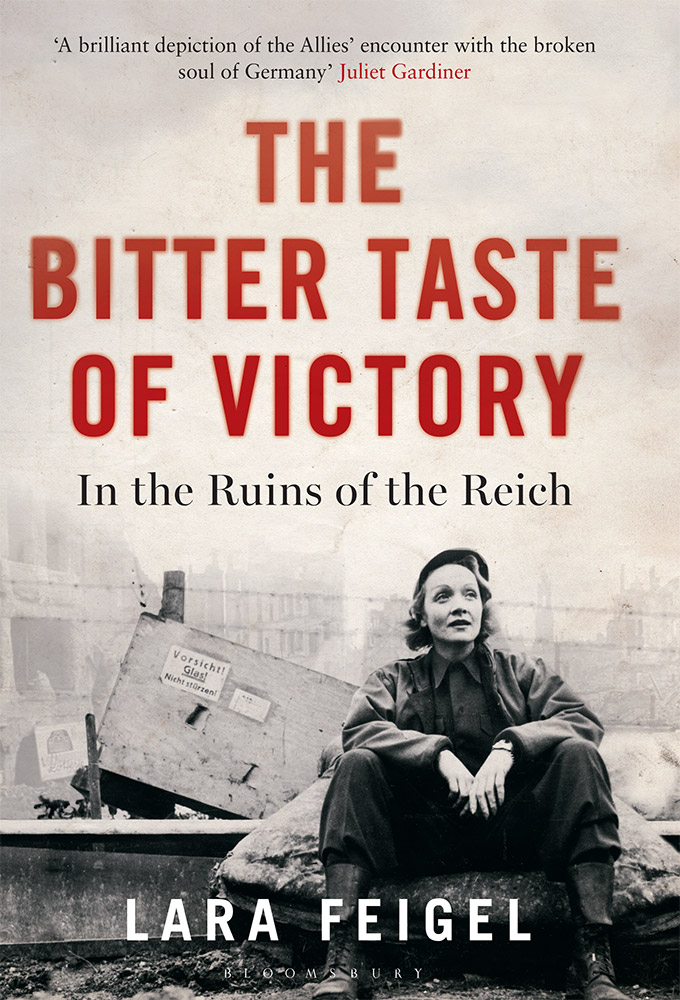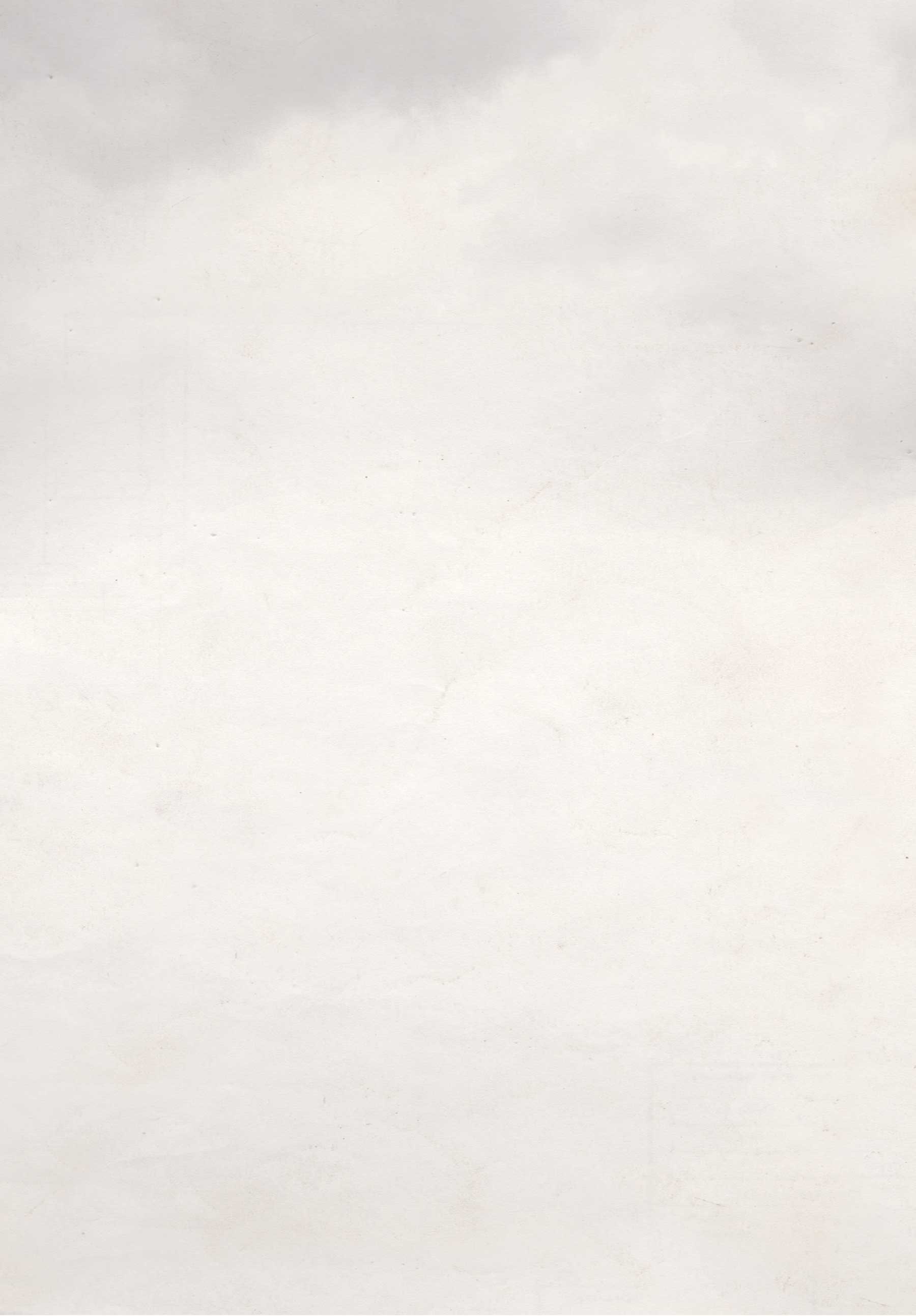
The Bitter Taste of Victory: In the Ruins of the Reich
Bloomsbury, January 2016
Buy in the UK Buy in the US Read an extractAs the Second World War neared its conclusion, Germany was a nation reduced to rubble: an apocalyptic landscape of flattened cities and desolate wastelands.
In May 1945 Germany surrendered and Britain, America, Soviet Russia and France set about rebuilding in their zones of occupation. Most urgent for the Allies in this divided, defeated country were food, water and sanitation. However from the start they were anxious also to address German culture and history, which had been appropriated by the Nazis. Reconstruction was to be intellectual as well as practical: denazification and re-education would be central to future peace, so the arts became crucial in modelling an alternative, less militaristic way of life. Germany was to be reborn; its citizens as well as its cities were to be reconstructed; the world view of the Third Reich was to be obliterated.
When, later that year, twenty-two senior Nazis were put in the dock at Nuremberg, writers and artists including Rebecca West, Evelyn Waugh, John Dos Passos and Laura Knight were there to tell the world about a trial intended to ensure that tyrannous dictators could never again enslave the people of Europe. And over the next four years, many of the foremost writers and filmmakers of their generation were dispatched by Britain and America to help rebuild the country their governments had spent years bombing. Ernest Hemingway, Martha Gellhorn, Marlene Dietrich, George Orwell, Lee Miller, W. H. Auden, Stephen Spender, Billy Wilder, Humphrey Jennings, Erica and Klaus Mann we were among those who undertook the impossible challenge of redeeming the soul of a nation.
The Bitter Taste of Victory tells the compelling story of how some of the century’s most imaginative writers and artists confronted one of its deepest disasters.
From the reviews:
“A brilliant depiction of the Allies’ encounter with the broken soul of Germany”
Juliet Gardiner
“Lara Feigel’s fascination with writers and artists drawn to the death throes of Nazi Germany and its aftermath makes an enthralling book which is both highly original and intelligent”
Antony Beevor
“Urgent, absorbing, and quietly devastating, The Bitter Taste of Victory is a suberb achievement. Few books catch so well the strange energy of the war’s immediate aftermath, the half-crazed adrenalin and slow-burning despair” *****
Frances Wilson, Telegraph
“Lara Feigel succeeds brilliantly in capturing life in post-war Germany… Feigel does a brilliant job of shining a spotlight on this complicated moral universe. Without pause or stumble she takes us from champagne receptions to bombed-out factories. Along the way we meet a fascinating cast of characters, all attempting to make sense of a unique historical moment” *****
Kathryn Hughes, Mail on Sunday
“[Feigel] deals here in inimitable fashion with immediate post-WWII Germany… In part, it is a story of personal reconstruction, particularly of the Mann family members, but in another sense it is a story of failure, of missed opportunity… Many individuals had to come to terms with the evil they saw and with themselves, and Feigel does a masterful job in sorting it out. This is uniquely nuanced history.”
Booklist (starred review)
“Was Nazism a particularly German affliction? Were there any ‘good’ Germans? What could be reclaimed and renewed out of the rubble? In her superb new book, The Bitter Taste of Victory: Life, Love and Art in the Ruins of the Reich, Lara Feigel explores these questions through the eyes of some 20 American, German and British figures as they journeyed across the apocalyptic wasteland.”
Newsday
“Artists and writers would help rehabilitate the country and its people–to cleanse its poisoned soul… Lara Feigel’s absorbing book relives the era in all its uncertainty, and delves into the irreconcilable differences and contradictions that would come to thwart the project… She makes a sympathetic narrator, and has certainly unearthed some fascinating material.”
Anthony Quinn, The Guardian
“An elucidating cultural study explores the ways artists forged a sense of redemption—both personal and societal—from the devastation of post-World War II Germany. European and American writers, journalists, filmmakers, and painters were drawn to postwar Germany to witness the horrendous carnage as well as the Allied attempts at rehabilitation… A deep, significant exploration of artistic atonement in postwar Germany.”
Kirkus (starred review)
“Feigel entwines politics and passion, the wide screen of history and the close-up of desire among the ruins… [an] illuminating and richly textured panorama”
Boyd Tonkin, Independent
“The long-term cultural consequences of 1939-45 are still being worked out, but this is a fascinating account of the early work that kicked them into gear”
DJ Taylor, The Sunday Times
“Feigel has an affinity with rubble… [a] scholarly and engrossing book”
Robert McCrum, Observer
“Her narrative is a fine balance of political insights, cultural observations and tabloid fodder. Many of these luminaries, she argues, came to the demolished country to help it rebuild, but in the end they were changed far more by Germany than Germany was changed by them.”
Gerald Steinacher, Wall Street Journal
“[A] dramatic, almost decadently fascinating new book… Any library well-stocked on triumphalist Allied overviews badly needs a copy of this book.”
Open Letters Monthly
“A well-constructed, fascinating, and anecdote-rich work about the early Cold War and the influence of postwar Germany on Western culture.”
Publishers Weekly

